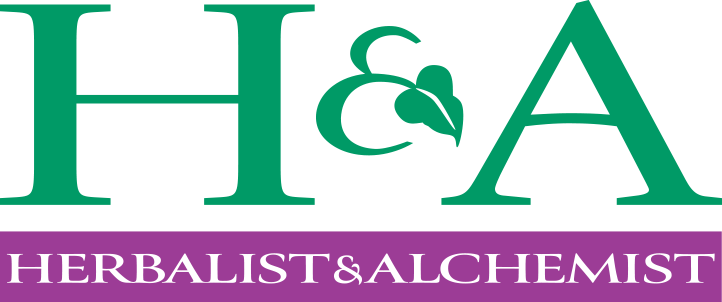A conversation with herbalist and
reflexologist Elle Levenson about her career path describes
the evolution of medicinal herbalism in the US over the last
two decades. It’s an interesting story.
“You had to make your own way in those early
years. There weren’t many books by true herbalists available
to us 20 years ago. Like a lot of things about herbs,
knowledge was often hidden. I had David Hoffmann’s New
Holistic Herbal (published in 1990) and that was my bible
for a long time. Those of us who were early herbal people
found we really didn’t have anyone else to talk to. You
would have someone come to you with a question and you had
to study to find an answer. Now we have so many more books
by herbalists like David Winston, Rosemary Gladstar, Matthew
Wood, Chris Hobbs and Susan Weed, and many others too
numerous to mention.”
Elle has been a practicing herbalist and
reflexologist for 20 years and a student of David Winston’s
even longer. “When I found David’s herbal classes I was a
single mother in a corporate job but wanted to earn my
living through something more meaningful. It wasn’t an easy
path, but I do come from a background that has an affinity
for this kind of healing and health.”
Elle had taken a class on herbs that
introduced a few plants. At that seminar someone mentioned
David Winston. She called him and fortuitously he had a new
two-year Herbal Therapeutics session starting a few weeks
later. “At that time you had to interview with David
personally to be in his training program. I knew from the
very first class that it would be a fascinating ride. I
never missed a class and very quickly the doors and windows
to what I call ‘the seen and unseen world’ in nature opened
to me.”
Elle practices as the Greenstreet Herbalist in
Denville, New Jersey. Her Grandmother, who instilled in her
a love of plants and natural healthcare, grew up on Green
Street in Philadelphia. “My grandparents were filled with
old world knowledge. My father’s grandmother was an
herbalist and midwife to the immigrant Jewish farming
community in South Jersey. I got this affinity directly from
my parents and grandparents. My herbal studies feel like
rediscovering old friends who were waiting for you and they
were happy when you found your way back to them.”
“David said that to be a good herbalist you
should also be proficient in some sort of body work, so I
chose to study reflexology. It was through reflexology that
I was able to have an herbal practice, because twenty years
ago one didn’t hang a shingle out saying you were an
herbalist. Reflexology opened doors for me. By the way,
reflexology is just a modern word for an ancient practice of
taking care of the feet and body.”
“David always said health starts with food. My
practice is foods, teas, soups, baths and then tinctures,
and of course growing things, what I call the ‘flowering
medicine garden.’ I only buy products from professional
herbalists. Availability of products on this side of the
spectrum has grown enormously. I need to know where the good
products are, and that is just one of the things I get from
David’s classes I still attend.”
